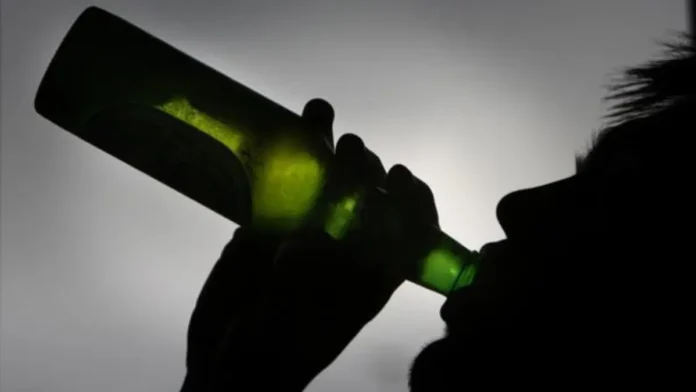Kuwait cracks down on illegal alcohol production following a tragic wave of methanol poisoning that killed 23 people. Authorities arrested 67 individuals linked to bootleg liquor operations, including the alleged ringleader, a Bangladeshi national. Kuwait cracks down on illegal alcohol as health officials report 160 poisoning cases, with many victims requiring urgent dialysis and ventilation.
In a sweeping operation, Kuwaiti police seized six active illegal distilleries and four more under construction. The Interior Ministry announced the arrests on social media, revealing that the suspects operated in residential and industrial areas. A Nepali accomplice reportedly confessed details about methanol preparation and distribution methods.
Kuwait strictly prohibits alcohol, forcing a black market with no safety controls. Consequently, toxic homemade brews often lead to poisoning outbreaks. Kuwait cracks down on illegal alcohol regularly, but this latest incident highlights the deadly risks of unregulated production.
The Ministry of Health confirmed 23 fatalities, mostly Asian migrant workers, with 160 total poisoning cases. At least 51 patients needed kidney dialysis, while 31 required intensive care on ventilators. India’s embassy reported around 40 hospitalized nationals, some in critical condition.
Methanol, a dangerous industrial alcohol, causes delayed but severe symptoms like vomiting, breathing difficulties, and organ failure. Without prompt treatment, Doctors Without Borders estimates a 20-40% fatality rate in such outbreaks.
Bootleg alcohol remains a persistent issue in dry Gulf states, where expat workers sometimes turn to illicit sources. Similar incidents have occurred in Iran and Indonesia, where counterfeit liquor caused mass casualties. Experts urge stricter enforcement and public awareness to prevent further tragedies.
As Kuwait cracks down on illegal alcohol, the case underscores the lethal consequences of unregulated moonshine. Officials vow harsher penalties for producers, but advocates say legal reforms may be needed to curb demand and improve safety.


